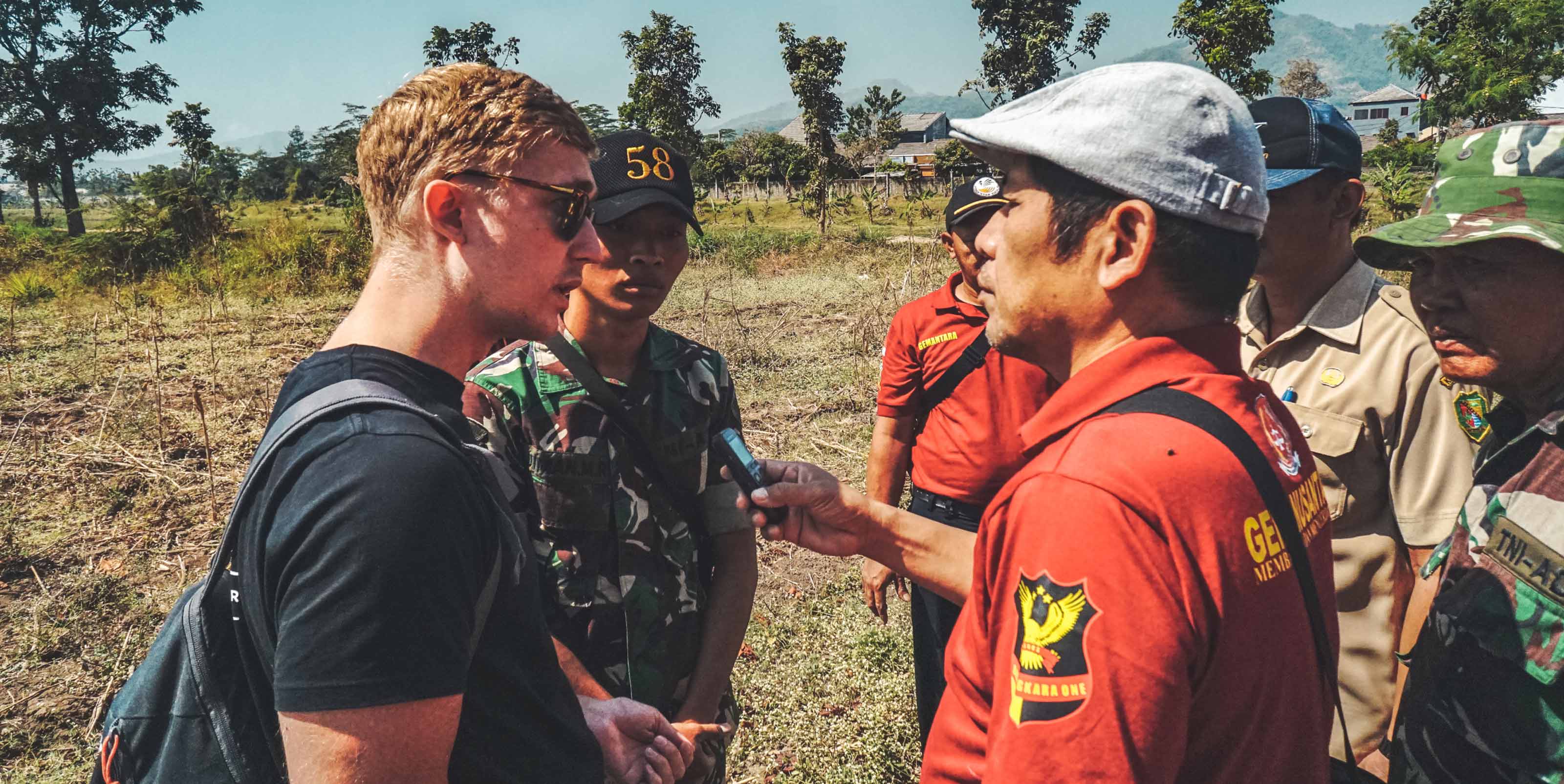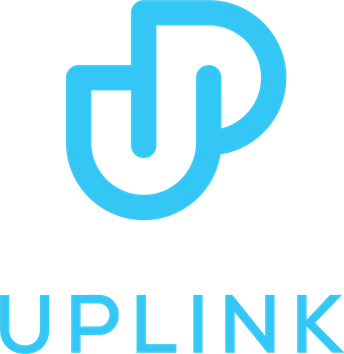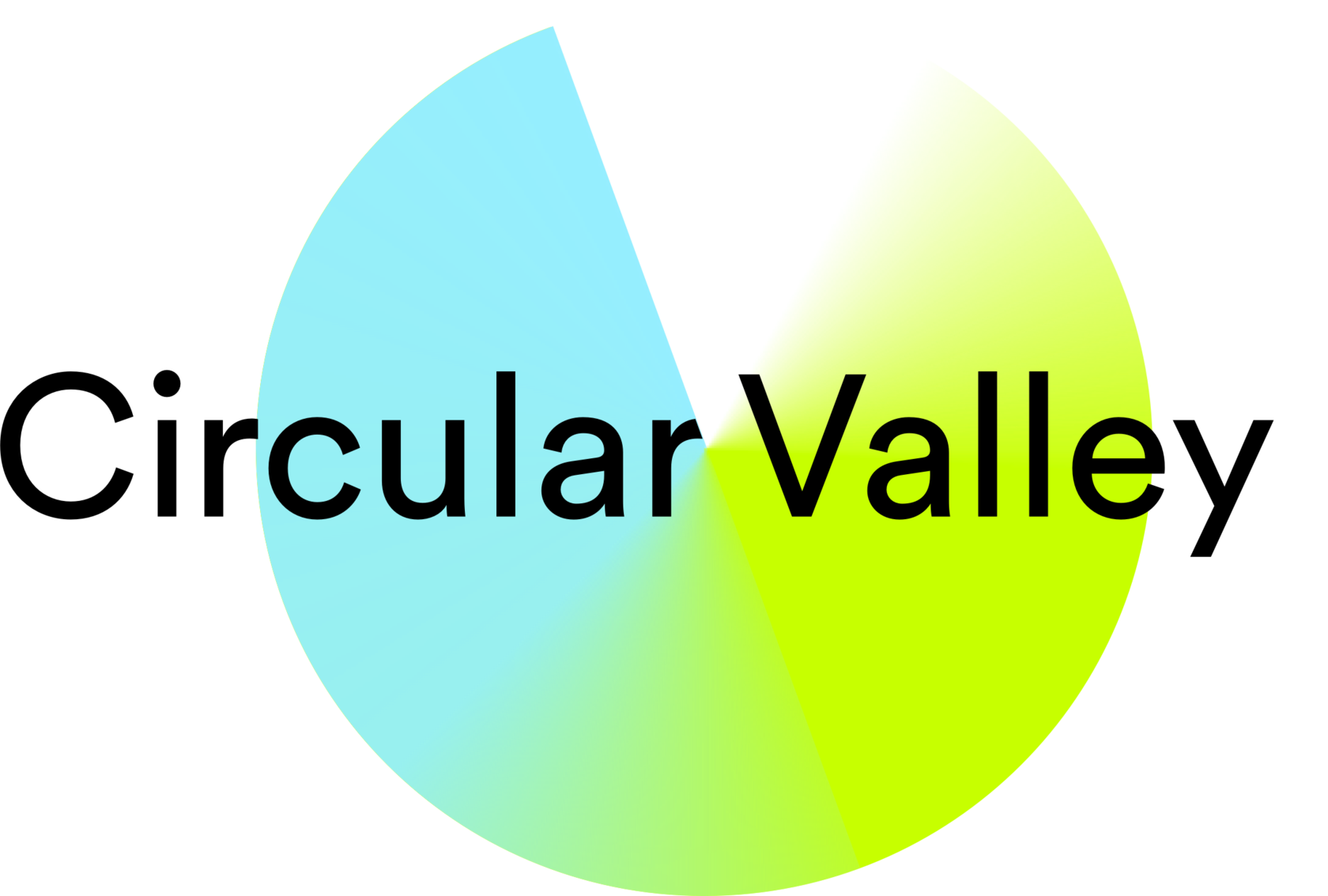FAQs
This highly depends on the specific site. Generally, our systems are designed to hold at least 5 tons of River Plastic but are usually emptied before this load is reached.
80% of the ocean plastic is coming from rivers and coastlines. When we founded Plastic Fischer, we imagined the rivers as the bottleneck of an hourglass where we can stop the material, before it spreads in the ocean.
Our systems are extremely reliable and very robust. We retrieve them regularly from the water to undergo maintenance. The great thing about our system is that we can repair damaged elements most of the time.
We want to operate in the most polluted rivers in the world. There are several factors that make us decide on a specific site, such as accessibility, level of pollution, support of local communities and municipalities.
Sometimes we do. Generally speaking, we are not a tech-provider but rather carry out the end-to-end operations. In our opinion, the most challenging part of stopping River Plastic is not the technology but the reliable and responsible management of the material.
We founded the company after witnessing plastic pollution in rivers and wanted to solve this. With a for-profit company, we have the flexibility to test different approaches and are not limited by NGO regulations. With a working business model, we ensure scalability which is needed to address the problem at scale.
No. A donation means per definition that you can not expect anything in return for your contribution (except a donation receipt). We decided to rather provide a service and literally “owe you impact”. With this, we make ourselves accountable and believe that this has a lot of value in the industry of impact creation.

